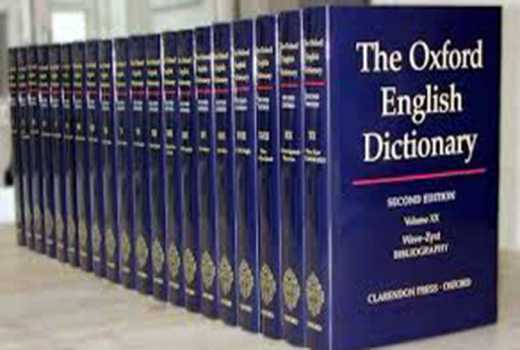×
The Standard e-Paper
Smart Minds Choose Us

While reading an opinion in one of the national dailies two weeks ago, I encountered the sentences: “The gang-ho policies of liberal hawks” and “Adopting a gang-ho posture”. My interest in the two sentences is the word ‘gang-ho’, which does not exist in the English language.
It was easy for the writer and whoever edited the opinion to miss the correct word, ‘gung-ho’, because of the similarity in pronunciation of the two words.